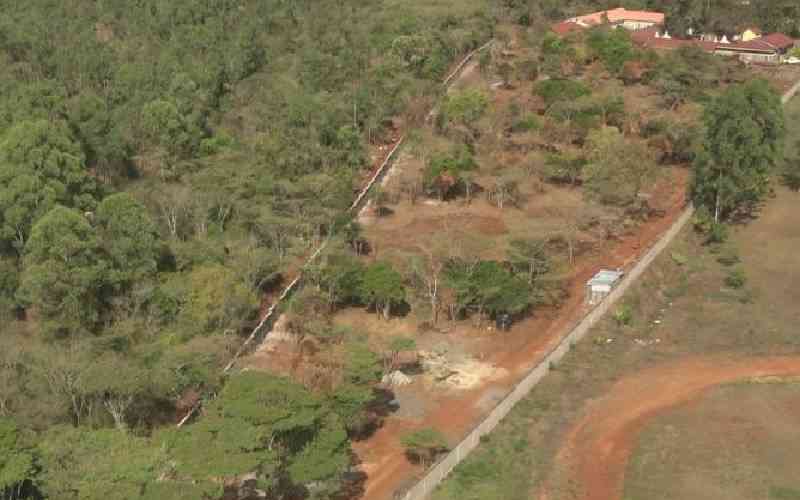×
The Standard e-Paper
Join Thousands Daily

Recent demolitions in Athi River, after the Machakos Land and Environment Court's ruling, have brought to the forefront the deep-seated significance Kenyans attach to land.
Many watched with empathy as fellow citizens lost their cherished buildings and properties in this complex saga, highlighting the profound connection between Kenyan identity and land ownership.